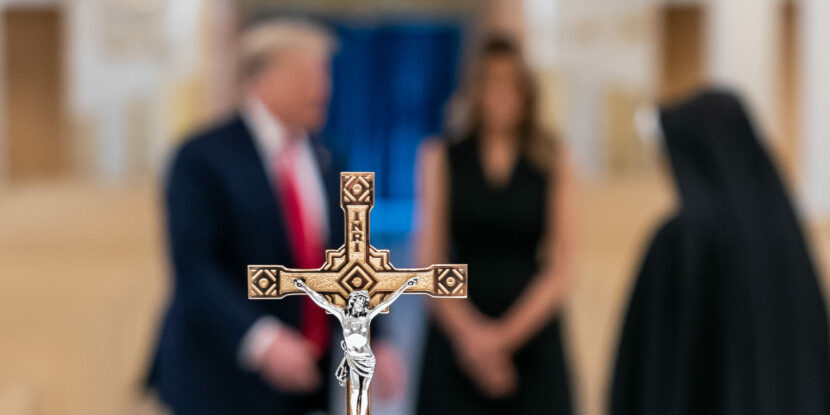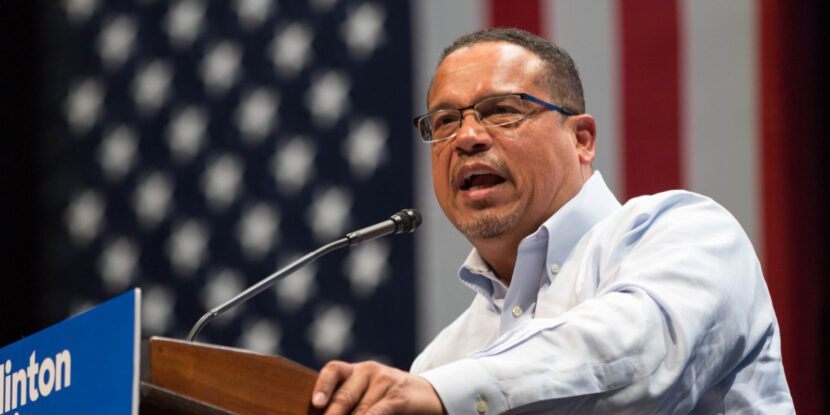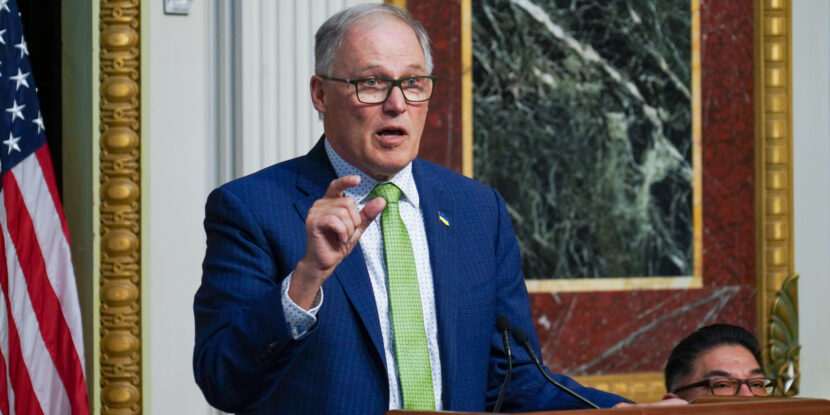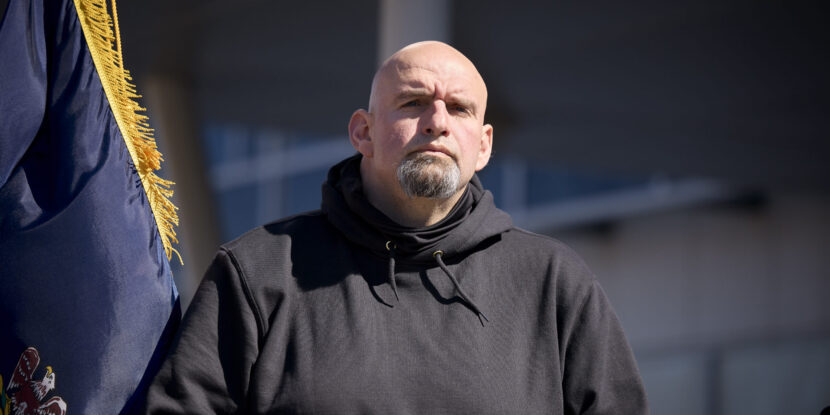A recent survey by the Pew Research Center reveals a stabilization in the religious landscape of the United States, marking a shift in a long-standing trend of declining identification with Christianity. As of the latest survey conducted from July 2023 to March 2024, 62 percent of U.S. adults identify as Christian, a reduction from 78 percent in 2007. However, this figure has stabilized since 2019, according to Pew.
The survey also highlights that 29 percent of Americans now identify as religiously unaffiliated, a group that includes atheists, agnostics, and those who profess “nothing in particular.” This category had seen rapid growth but appears to have platued in recent years.
Generational differences are significant, with younger adults less likely to identify as Christian compared to older generations. Only 46 percent of the youngest adults claim a Christian affiliation versus 80 percent of the oldest. Furthermore, younger adults are three times more likely to be unaffiliated. Michele Margolis, a political scientist at the University of Pennsylvania, suggests that religious engagement might increase with life changes such as marriage and parenthood.
Politically, the intersection with religious identity is noteworthy. The percentage of political liberals without religious affiliation has climbed from 27 percent in 2007 to 51 percent. Meanwhile, 37 percent of liberals identify as Christian, a decline from 62 percent in the same period.
Among black Americans, a significant portion identifies as religiously involved and Democratic, illustrating complex political-religious dynamics.
The Pew study, which includes responses from 36,908 participants across all 50 states and Washington D.C., presents a nuanced picture. While the number of identifying Christians has stabilized, the generational divides suggest the decline in religious adherence will likely accelerate in the near future as younger generations replace the older.




















